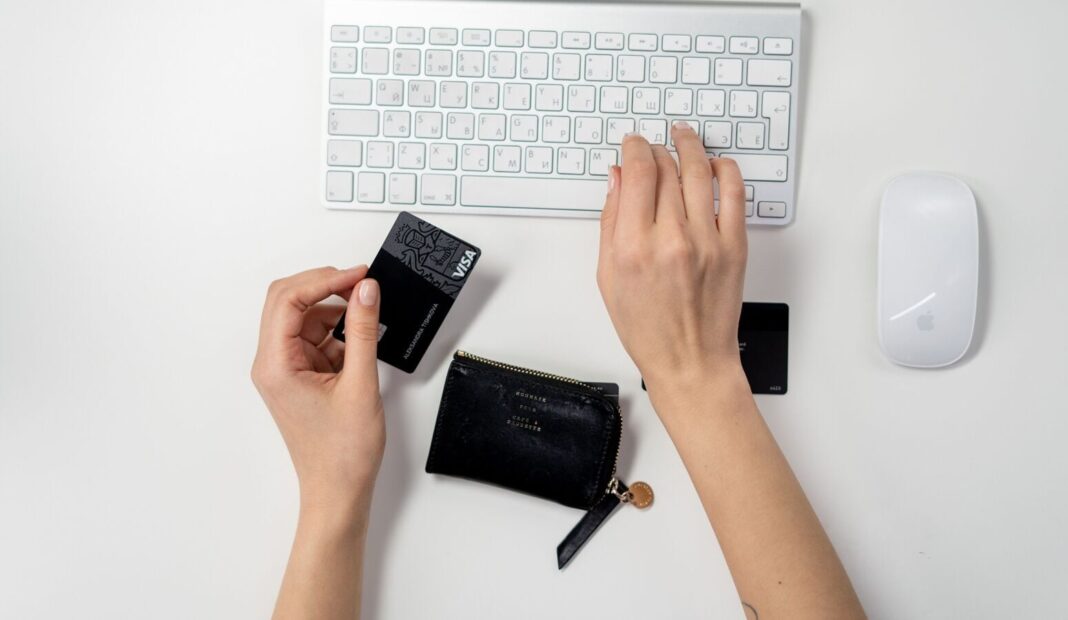Have you started using your credit cards recently and already have a huge unpaid bill on your statement? It is vital to know that using a credit card is undoubtedly convenient, but keeping the bills unpaid is equally inconvenient — if not more — in the long run.
And it is not uncommon for the credit card users to gradually slip into what eventually becomes a debt trap. This means what they indulge in could be a complete departure from what they should do.
There is a thin line between being smart in using a credit card and being over smart. And a number of credit card users end up crossing this line way too often.
“One rule of thumb which credit card users must follow is to pay their bills on time so that their credit score remains high, and so does their loan seeking ability,” says Deepak Aggarwal, a Delhi-based chartered accountant and financial advisor.
Here we give a lowdown on the key points to remember while you manage your credit card debt.
Credit card debt: 5 Key points to remember
1. Do not rely on the minimum charges: When you get the credit card bill statement, there are two options: either you clear the bill or pay the minimum due on it.
When you pay the minimum due, you are liable to pay interest on the balance outstanding. And mind you, interest on credit card bills is sometimes as high as 3-4 percent a month. This means you will end up paying 48 percent on the loan.
The fact that this practice negatively impacts your credit score does not help.
2. Stay away from the debt trap: One of the biggest worries of using a credit card is to use it more than you should – a practice that can thrust you into a debt trap.
So, whenever you have a temptation to use the credit card, make sure that you don’t overspend. Remember that it is easy to borrow, but it may not always be as easy to repay.
3. Credit card loop: Apart from the debt trap, credit card users often get themselves stuck in a credit card loop. What they do is that they subscribe to three-four credit cards. Then they use one card to repay the bill of another, and the another one to pay the bill of this one, and so on.
Initially, it looks logical but sooner than later — you will find yourself in a credit card loop. It is noteworthy that the first spend on your credit card has to be paid eventually from your pocket.
4. Pay via EMIs: In case you find it hard to pay the credit card bill on time, you can check with your bank if it permits you to convert your bill into easy EMIs (equated monthly instalments).
5. Make use of the debt-free period: Every credit card company offers a credit free period of 40 to 45 days. In order to make the most of your credit card, it is vital to use this credit free period so that you pay the bill during such time, and not later.
To sum up, it is vital for the credit card users to pay their bills on time. Once these bills get outstanding, interest starts to accrue — which could be as high as 3-4 percent a month.


